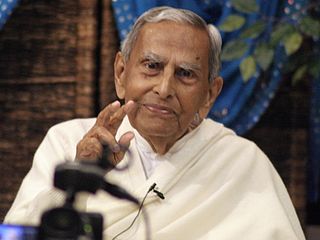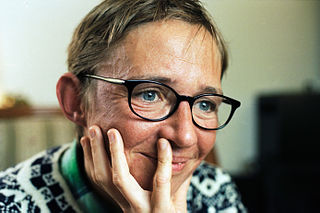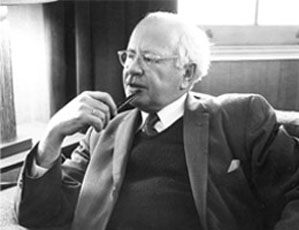A Quote by Dalai Lama
Until you have the inner discipline that brings calmness of mind, external facilities and conditions will never bring the joy and happiness you seek. On the other hand, if you possess this inner quality, calmness of mind, a degree of stability within, even if you lack the various external factors that you would normally require to be happy, it will still be possible to live a happy and joyful life.
Quote Topics
Related Quotes
Happiness, true happiness, is an inner quality. It is a state of mind. If your mind is at peace, you are happy. If your mind is at peace, but you have nothing else, you can be happy. If you have everything the world can give - pleasure, possessions, power - but lack peace of mind, you can never be happy.
We know that we are happy when our mind is peaceful, and unhappy when it is not. It is therefore clear that our happiness depends upon our having a peaceful mind and not on good external conditions. Even if our external conditions are poor, if we maintain a peaceful mind all the time we shall always be happy.
You know, that's what I've regretted the most, that joy. Of course, later there were times when I felt happy, but happiness is to joy what an electric light bulb is to the sun. Happiness always has an object, you're happy because of something, it's a condition whose existence depends on external things. Joy, on the other hand, has no object. It seizes you for no apparent reason; it's like the sun- its burning is fueled by its own heart.
The basic idea of Zen is to come in touch with the inner workings of our being, and to do this in the most direct way possible, without resorting to anything external or superadded. Therefore, anything that has the semblance of an external authority is rejected by Zen. Absolute faith is placed in a man's own inner being. For whatever authority there is in Zen, all comes from within.
If a person's basic state of mind is serene and calm, then it is possible for this inner peace to overwhelm a painful physical experience. On the other hand, if someone is suffering from depression, anxiety, or any form of emotional distress, then even if he or she happens to be enjoying physical comforts, he will not really be able to experience the happiness that these could bring.
It is a basic human need that everyone wants to
live a happy life. For this, one has to experience
real happiness. The so-called happiness that one
experiences by having money, power, and
indulging in sensual pleasures is not real
happiness. It is very fragile, unstable and fleeting.
For real happiness, for lasting stable happiness,
one has to make a journey deep within oneself and
get rid of all the unhappiness stored in the deeper
levels of the mind. As long as there is misery at
the depth of the mind all attempts to feel happy
at the surface level of the mind prove futile.
There is, however, in art another kind of external similarity which is founded on a fundamental truth. When there is a similarity of inner tendency in the whole moral and spiritual atmosphere, a similarity of ideals, at first closely pursued but later lost to sight, a similarity in the inner feeling of any one period to that of another, the logical result will be a revival of the external forms which served to express those inner feelings in an earlier age.




































